The opportunistic teacher who embraces the leisure interests of his pupils in the hope of leading them to higher things is as frequently unsympathetic to the really valuable qualities of popular culture as his colleague who remains resolutely hostile. A true training in discrimination is concerned with pleasure.
Bio/Short Description
John Fiske is a media scholar who has taught around the world. He was a Professor of Communication Arts at the University of Wisconsin–Madison. His areas of interest include cultural studies, popular culture, media semiotics and television studies. He is the author of eight books, including Power Plays, Power Works (1993), Understanding Popular Culture (1989), Reading the Popular (1989), and the influential Television Culture (1987).
HOW THEY INFLUENCED YOU?
External Links
Other Grandparents
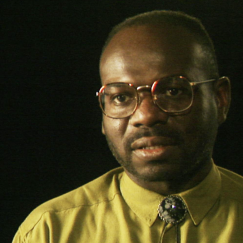 Marlon Posted By: Renee HobbsOn:11/29/2023 - 00:56
Marlon Posted By: Renee HobbsOn:11/29/2023 - 00:56
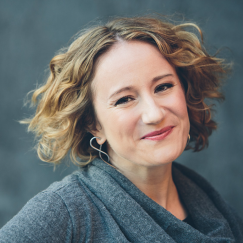 danahPosted By: Yonty FriesemOn:01/06/2023 - 07:34
danahPosted By: Yonty FriesemOn:01/06/2023 - 07:34
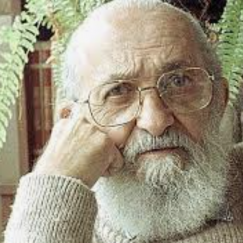 PaoloPosted By: Renee HobbsOn:07/22/2021 - 16:11
PaoloPosted By: Renee HobbsOn:07/22/2021 - 16:11
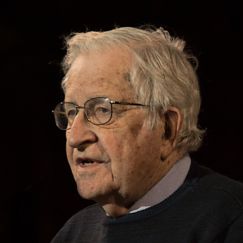 NoamPosted By: Renee HobbsOn:05/23/2020 - 03:48
NoamPosted By: Renee HobbsOn:05/23/2020 - 03:48
 Jon Posted By: Renee HobbsOn:05/10/2020 - 00:12
Jon Posted By: Renee HobbsOn:05/10/2020 - 00:12

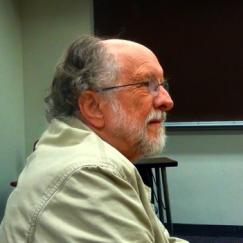

Henry Jenkins
As a graduate student, I felt a strange disconnect between what I knew as a media fan about the ways that everyday people might critically and creatively engage with media texts and what I was being taught by my own professors at a time when prevailing forms of media theory stressed the power of media texts to suture their readers into a powerful ideological system that always worked against their own interests. And this is the moment when John Fiske entered my life.
The first time I saw him, I was struck by his broad, toothy grin, the crinkle of his leathery skin, the wicked sparkle in his squinting eyes, and the Akubra hat he was wearing in the frozen wastelands of Iowa City. He entered our lives as “the Man from Down Under”—someone exotic, wild, and untamed, yet it did not take long to discover his gentleness, his modesty, and, above all, his care for his students. When Fiske came to the University of Iowa, he sparked a degree of intellectual excitement I have not experienced since. Every week, more students were showing up at his seminar, eager to learn what for us was a new conceptual framework, drawn from cultural studies that informed his work. Like Williams, Fiske offered us a way to see the world that was critical of inequalities of opportunity and the imposition of cultural hierarchies and yet was hopeful about the prospects for meaningful change and respectful of diverse forms of cultural experience (Jenkins, 2011).
The eminent scholar Raymond Williams had been Fiske’s personal tutor when he was pursuing his B.A. and M.A. in English literature at Cambridge, so it would be hard to imagine a better guide to the British cultural-studies tradition. I was lucky to have studied under Fiske twice—first when he was a visiting scholar at the University of Iowa and second when he was a faculty member at the University of Wisconsin at Madison.
Like any great mentor, Fiske empowered me to find my own voice, to draw on my own knowledge and experience, and to make my own original contribution to the field. I soaked up everything I could learn from this man and, in the process, absorbed vocabulary, concepts, philosophies, and ideological commitments that have become so deeply enmeshed in my own world view that I am still surprised to come across phrases in his writing that I had thought entirely my own. And my own commitment to media literacy is deeply bound up with the things I learned from him and, through him, from Williams.